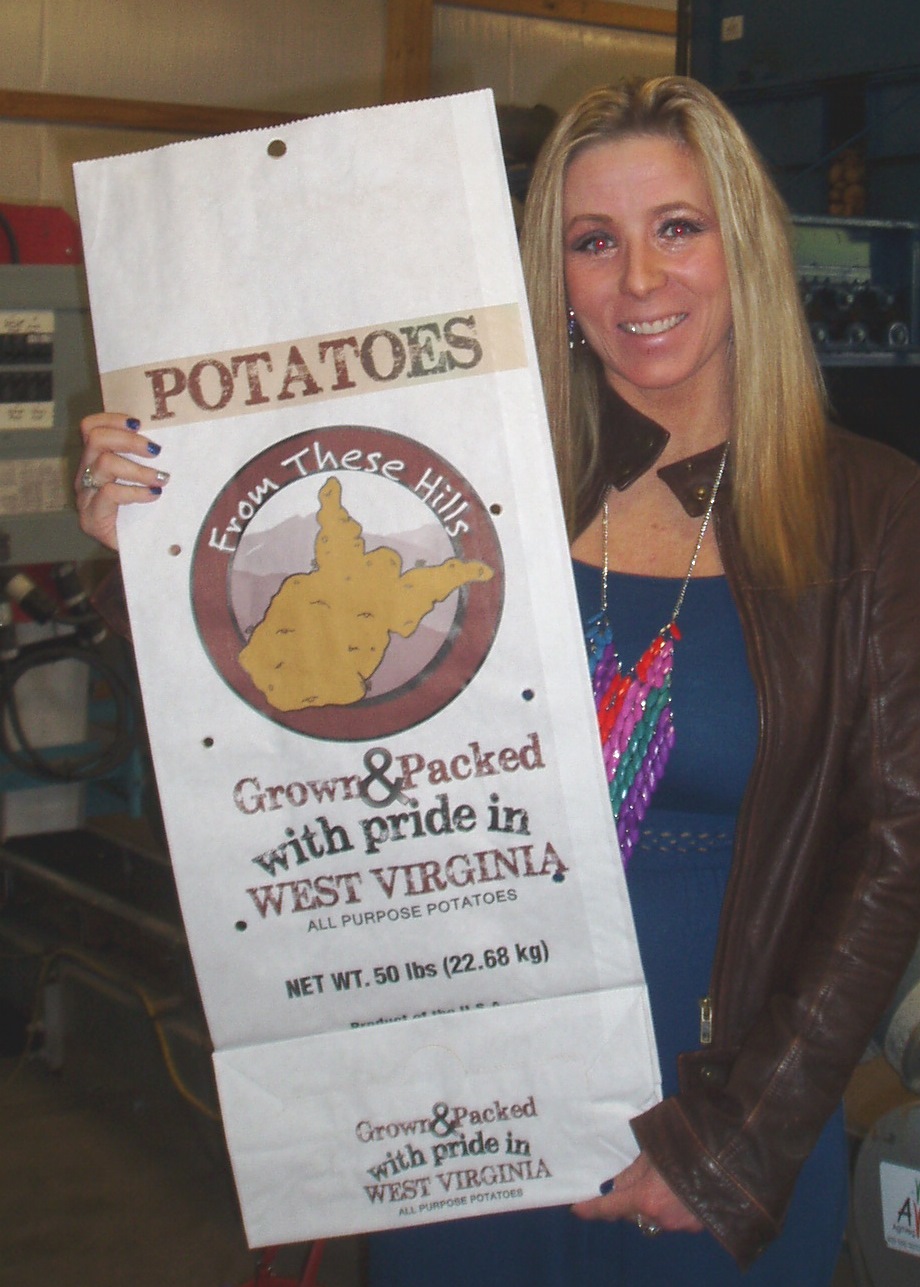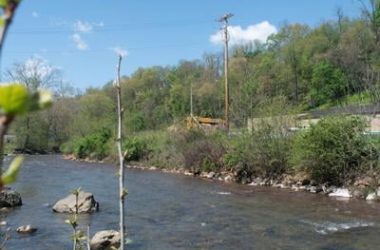
Helmick is mobilizing the West Virginia Department of Agriculture to build — or rebuild — another industry in the state. His first step is encouraging West Virginia farmers to raise more food and he’s starting with potatoes.
Americans consume 128 pounds of potatoes per person annually. Potatoes are a $4.3-billion-dollar business in the United States.

Helmick says it wasn’t always that way —in the 1920s and 1930s, West Virginians produced most of the food they consumed. He says that as the state industrialized, it got away from farming, “… but agriculture is still here.”
The department is helping develop the state’s agricultural business in other ways:
* Antolini said it contracted with Black Gold Farms of Grand Forks, N.D., to grow 14 varieties of potatoes on state property at Huttonsville and Lakin. Black Gold has harvested those crops and will soon report on which varieties grow best in the soil at those locations. The results will be shared with farmers around the state.

* Kirsten Rhodes, the department’s special projects coordinator, has designed a logo dominated by a brown, lumpy, potato-like outline of the state. She hopes that when people see it they’ll realize not all potatoes are from Idaho and will think, “Yes, there is a West Virginia potato.”
Helmick’s initiative seeks to buck a trend.
“Over the past decade, the potato industry has significantly consolidated growing operations,” according to the U.S. Department of Agriculture. “The Census of Agriculture reported 15,014 farms that produced potatoes in 2007, down from 51,500 farms reported in 1974. Because of large capital investments in equipment and storage facilities, farmers have sought to maximize production through larger operations.”
Helmick and his staff are convinced there is a ready market for West Virginia-grown potatoes.
US Foods, a major food distributor, receives three railroad boxcars of potatoes from Idaho every week at its distribution center in Hurricane, Antolini said. “That’s the equivalent of 10 tractor-trailer loads of potatoes — over 400,000 pounds of potatoes they’re purchasing from Idaho — and it takes eight days to get here,” he said.
Another major buyer is the West Virginia Potato Chip Co., producer of Mister Bee-brand potato chips. At full capacity, the company can use 100,000 pounds of potatoes a week.
In a 2012 interview, the owners of the Parkersburg company said they were buying potatoes from Florida in the winter, Alabama and the Carolinas in the spring, and Pennsylvania, Ohio and Wisconsin in the summer.
Mister Bee’s fryer already uses West Virginia-produced natural gas. Using Mountain State potatoes would allow Mister Bee to advertise that its potato chips are an all-West Virginia product, the owner said.
“We do have a sizable opportunity in West Virginia,” Helmick told about 40 people who came to see the potato-processing machine in action. “We intend to take agriculture to the next level.” He called the opportunity for West Virginians to grow the food consumed in the Mountain State “the greatest economic development project we have in West Virginia right now.”

The Huttonsville potato-processing machine also can process carrots and onions. Antolini said plans are in the works to eventually buy and install a similar machine in the Huntington area.
Helmick said, “We’ve got to demonstrate that it can be done and I am confident once that takes place the private sector will take over.”
The department plans to install a cannery in Tucker County next year, he said.






